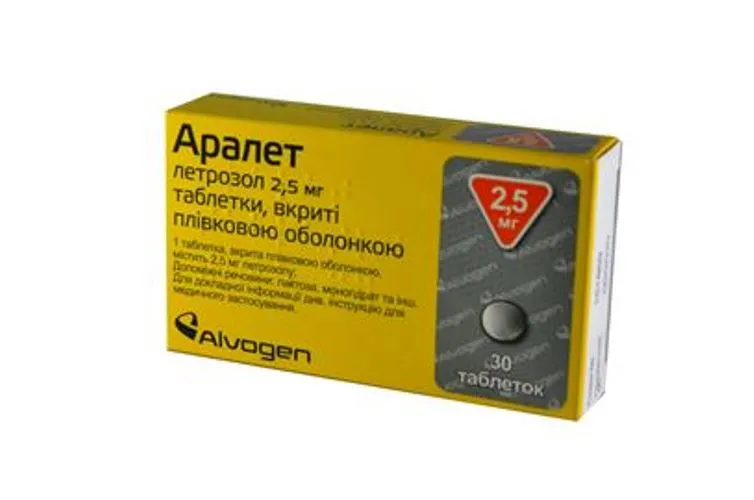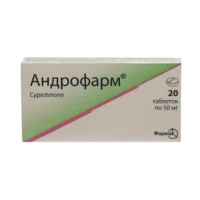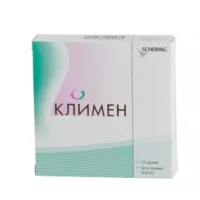Description
Aralet (Letrozole) Coated Tablets 2.5 mg. №30
Ingredients
Active ingredient: Letrozole 2.5 mg.
Inactive ingredients: lactose monohydrate, maize starch, colloidal silicon dioxide, sodium starch glycolate, magnesium stearate, hypromellose, macrogol 6000, titanium dioxide (E171).
Mechanism of Action
Letrozole is a nonsteroidal aromatase inhibitor that works by decreasing the amount of estrogen produced in the body. By lowering estrogen levels, letrozole helps slow or stop the growth of hormone receptor-positive breast cancer cells.
Pharmacological Properties
Letrozole, the active ingredient in Aralet tablets, is known for its ability to inhibit aromatase activity and reduce estrogen levels in postmenopausal women.
Indications for Use
Aralet (letrozole) coated tablets are indicated for the adjuvant treatment of postmenopausal women with hormone receptor-positive early breast cancer.
Contraindications
Do not use Aralet (letrozole) coated tablets if you are pregnant, breastfeeding, or allergic to letrozole or any of the inactive ingredients. Consult your doctor before starting this medication.
Side Effects
Common side effects of letrozole may include hot flashes, fatigue, dizziness, and musculoskeletal pain. Contact your healthcare provider if you experience any severe or persistent side effects.
Usage Instructions
The recommended dosage of Aralet tablets is one tablet taken orally once daily, with or without food. Follow your healthcare provider’s instructions for the best results and do not exceed the prescribed dose.
Benefits Compared to Analogues
Aralet tablets containing letrozole have shown superior efficacy in reducing the risk of cancer recurrence compared to tamoxifen in postmenopausal women with hormone receptor-positive early breast cancer.
Suitable Patient Groups
Aralet tablets are suitable for postmenopausal women with hormone receptor-positive early breast cancer. Consult your doctor for individualized recommendations based on your specific medical history.
Storage and Shelf Life
Store Aralet tablets in a cool, dry place away from direct sunlight. Check the expiration date on the packaging and do not use the tablets if expired.
Packaging Description
Aralet tablets are packaged in blister packs containing 30 coated tablets. Each tablet is imprinted with the product name and dosage strength for easy identification.
Clinical Evidence and Proven Effectiveness
Studies have shown that letrozole, the active ingredient in Aralet tablets, is effective in reducing the risk of cancer recurrence in postmenopausal women with hormone receptor-positive early breast cancer. Research published in the New England Journal of Medicine demonstrated the superior efficacy of letrozole over tamoxifen in this patient population.





